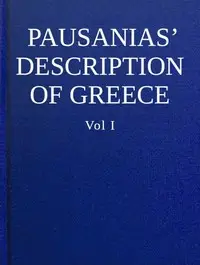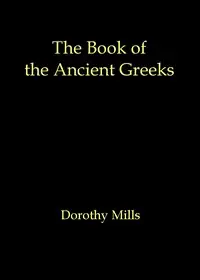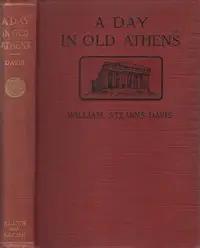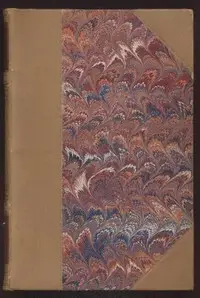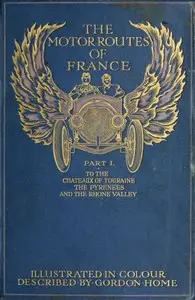"Primitive Athens as described by Thucydides" by Jane Ellen Harrison, is a thorough look at how the ancient city of Athens was before it became unified. Harrison focuses on what the historian Thucydides wrote about Athens, especially its features and boundaries before Theseus united it. Arguing that the famous historian's account has been misinterpreted, Harrison uses both archaeological finds and literary analysis to paint a picture of a smaller, more basic Athens that existed before its later glory. At the beginning of the book, the author shares her reasons for writing, as she challenges common understandings of Thucydides’ writings, which she feels don’t match what archaeology shows. She puts forward the idea that Thucydides depicts Athens as mainly the Acropolis with some nearby areas, drawing a comparison to what would become a larger city later. The preface introduces "burghs," or small communities, that were central to early Athenian life, before Theseus' Synoikismos changed everything, making it clear that the book aims to present a more accurate view of Athens’ early history and importance.
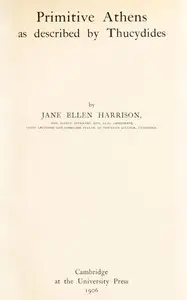
Primitive Athens as described by Thucydides
By Jane Ellen Harrison
Explore a time when Athens was not a mighty city-state but scattered villages clinging to the Acropolis.
Summary
About the AuthorJane Ellen Harrison was a British classical scholar and linguist. With Karl Kerenyi and Walter Burkert, Harrison is one of the founders of modern studies in Ancient Greek religion and mythology. She applied 19th-century archaeological discoveries to the interpretation of ancient Greek religion in ways that have become standard. She has also been credited with being the first woman to obtain a post in England as a 'career academic'. Harrison argued for women's suffrage but thought she would never want to vote herself. Ellen Wordsworth Crofts, later second wife of Sir Francis Darwin, was Jane Harrison's best friend from her student days at Newnham, and during the period from 1898 to her death in 1928.
Jane Ellen Harrison was a British classical scholar and linguist. With Karl Kerenyi and Walter Burkert, Harrison is one of the founders of modern studies in Ancient Greek religion and mythology. She applied 19th-century archaeological discoveries to the interpretation of ancient Greek religion in ways that have become standard. She has also been credited with being the first woman to obtain a post in England as a 'career academic'. Harrison argued for women's suffrage but thought she would never want to vote herself. Ellen Wordsworth Crofts, later second wife of Sir Francis Darwin, was Jane Harrison's best friend from her student days at Newnham, and during the period from 1898 to her death in 1928.



